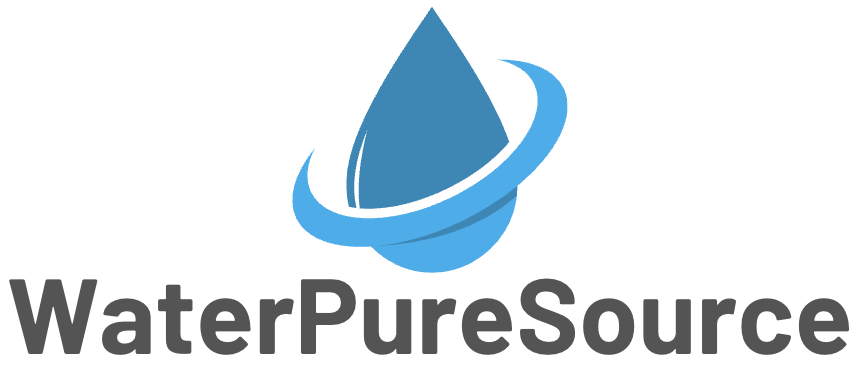Unleashing the Power of Molecular Hydrogen: Enhancing Athletic Performance
In the realm of sports and athletics, the pursuit of peak performance is a never-ending journey. Athletes continuously seek ways to push their limits and elevate their game. In this quest for excellence, a new player has emerged on the scene: molecular hydrogen (H2). Recent research suggests that H2 could hold the key to unlocking untapped potential and achieving new heights in athletic performance.
The findings of a groundbreaking study shed light on the remarkable benefits of H2 intake for trained cyclists. Over the course of one week, these athletes experienced a notable improvement in performance metrics such as peak power (PP), mean power (MP), and fatigue index (FI) during anaerobic testing. This positive impact was observed despite no significant effects being seen on untrained subjects. The study also examined rated perceived exertion (RPE), revealing intriguing insights into the subjective experience of exertion during exercise.
One of the key factors influencing the efficacy of H2 supplementation appears to be the training status of athletes. Trained cyclists with a higher VO2max demonstrated a synergistic effect when combined with H2 intake, resulting in enhanced anaerobic performance. This underscores the importance of individualized approaches in optimizing the ergogenic effects of H2.
But what sets H2 apart from traditional antioxidants? Unlike conventional antioxidants, H2 boasts unique properties that make it a potent ally in the fight against oxidative stress and fatigue. By modulating redox balance, increasing antioxidant enzyme activity, and scavenging harmful reactive oxygen species (ROS), H2 helps athletes sustain higher power levels and delay the onset of fatigue.
The study also highlights the importance of considering various factors, such as the type of H2 water used, administration method, and duration of intervention, in determining its effectiveness. For example, nano-bubble H2 water with a concentration of 1.9 ppm yielded superior results compared to bottled H2 water with lower concentrations.
However, it's essential to acknowledge the study's limitations. Blood samples were not analyzed for oxidative stress parameters, and there was no washout period between water supplementation phases. Additionally, the short-term nature of the intervention raises questions about the long-term effects of H2 intake on performance and health.
In conclusion, the findings underscore the potential of H2 as a game-changer in sports performance enhancement. As athletes continue to seek innovative strategies to optimize their performance, H2 supplementation emerges as a promising avenue worth exploring further. With continued research and refinement, H2 could revolutionize the way athletes approach hydration and performance enhancement, ushering in a new era of athletic excellence.
